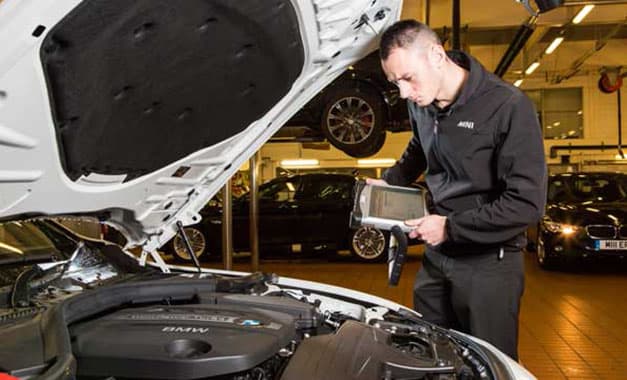Last year we reported that more than 150,000 drivers misfuel every year.
Misfuelling is especially prevalent when drivers use an unfamiliar car with a different fuel to their regular vehicle, a common situation in the leasing world.
Putting the wrong fuel in a vehicle can lead to expensive repair costs and huge inconvenience; this guide has been assembled to help motorists deal with the experience of misfuelling and ensure damage is kept to a minimum.
In the event of misfuelling
Never start the car. The only circumstance in which this must be done is if the vehicle is creating a hazard or blocking the path of traffic in a dangerous manner. Do not let a member of the petrol station staff or a recovery agent convince you that it is fine, starting the ignition will circulate the tarnished fuel and could cause severe damage.
A car will not function when filled with an incompatible fuel so if you have misfuelled without realising, it will quickly become apparent. Do not attempt to drive further, stop at the nearest available safe spot and immediately call for help.
In both cases, alert the leasing company, insurer and breakdown services at the first opportunity you are able to do so.
Helpful tips
To prevent misfuelling accidents it is important to remember that:
- Hose colour/style does not always correspond with fuel type.
- Most misfuelling accidents occur when drivers are fatigued or distracted.
- 95% of incidents involve putting petrol in a diesel car due to the petrol nozzle being smaller, although the reverse is still possible.
- Misfuelling prevention devices can be fitted to fuel tanks for as little as £30.
Inside the engine
Modern diesel engines are assembled using high tolerance components that require the lubrication of the thicker diesel fuel to pump the complex, pressurised engine. Petrol is a thinner, more volatile fuel and will create friction through metal-to-metal contact when used in a diesel vehicle.
The combustible properties of petrol are necessary to ignite petrol engines, therefore, spark plugs will be unable fire if diesel is fed into the engine and the car will not start.
What’s the damage?
Damage caused by misfuelling, even draining and cleaning the tank, is rarely covered by insurance, however, these costs are often a common inclusion for breakdown cover. A fuel tank drain will cost around £150 while a replacement engine and fuel system will extend well into several £1000s, reinforcing the importance of not starting a car after misfuelling. Components that may be affected include:
- Fuel pump
- Fuel tank
- Injectors/Carburettor
- Catalytic converters
If you experience any problems whilst driving your ACVM vehicle, call 0141 332 2626 for general enquiries or 0141 332 2622 for roadside assistance.



